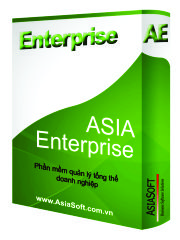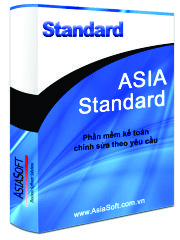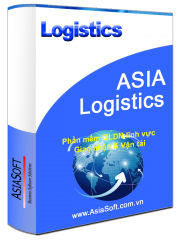 20 February, 2019
20 February, 2019
Accounting regime for micro businesses
On December 28, 2018, the Ministry of Finance issued Circular No. 132/2018/TT-BTC guiding the accounting regime for micro enterprises.
Circular No. 132/2018/TT-BTC guiding the recording of accounting books, preparation and presentation of financial statements of micro enterprises. The determination of tax obligations of enterprises to the State budget shall comply with the provisions of tax law.
Subjects of application of this Circular are micro enterprises, including micro enterprises that pay corporate income tax (CIT) according to the method of calculating taxable income and the method of percentage on turnover. sell goods and services.
According to the Circular, micro enterprises must apply a consistent accounting regime in a financial year. The change of applicable accounting regime is only made at the beginning of the next fiscal year.
Micro-enterprises are allowed to build their own accounting voucher forms suitable to the characteristics of their business operations, ensuring clarity, transparency, ease of inspection and control (except for goods and service sales invoices). ). In case a microenterprise cannot build its own accounting voucher form, the form and method of making accounting vouchers can be applied.
Micro-enterprises can build their own accounting book forms in accordance with the characteristics of their business operations, ensuring clarity, transparency, and ease of inspection and control. In case a microenterprise cannot build its own accounting book form, it may apply the form and method of recording accounting books suitable to each type: Microenterprises pay CIT according to The method is based on taxable income and the enterprise pays tax according to the percentage method on revenue from selling goods and services.
The Circular clearly states that accounting vouchers, accounting books and other accounting documents must be kept at the enterprise for daily recording; Determination of tax obligations of micro enterprises with the state budget and inspection and control of business owners, tax authorities or competent state agencies. Micro-enterprises may store accounting vouchers, accounting books and other accounting documents on electronic means according to the provisions of the Law on Accounting.
Micro-enterprises are assigned to be in charge of accounting without having to appoint a chief accountant. Micro-enterprises paying CIT at a percentage of revenue from selling goods and services can organize their own accounting work.
In addition, micro enterprises are allowed to sign contracts with accounting service providers to hire accounting services or chief accountant services in accordance with law. The list of entities eligible to provide accounting services is published and periodically updated on the website of the Ministry of Finance…
The Circular also provides specific guidance on the accounting regime for micro enterprises that pay CIT according to the method of calculating taxable income and enterprises that pay tax according to the percentage method on sales of goods and services. .


















